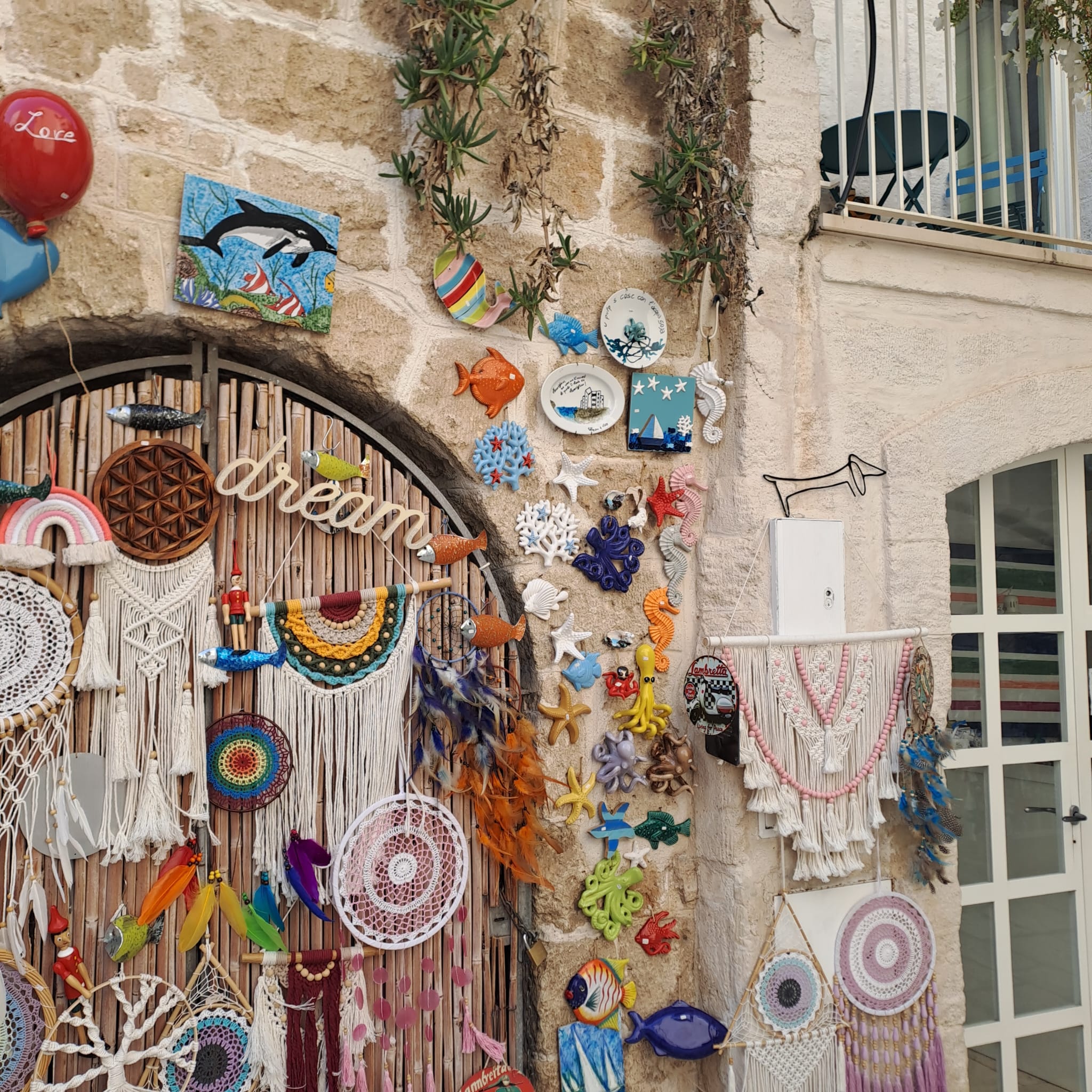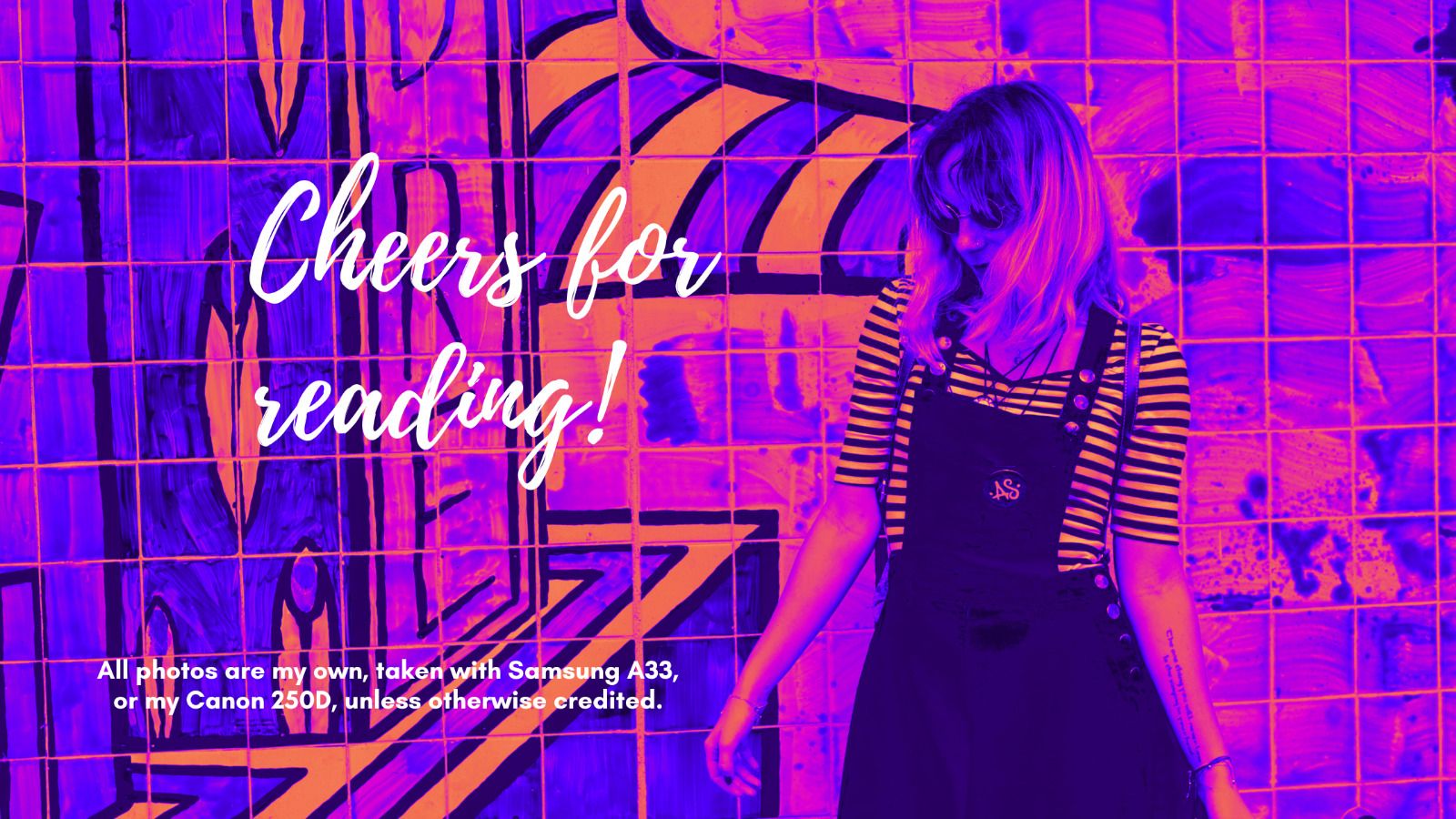Don't you be fooled, it's a tremendously hard book to read.
And in it, and in the more you discover around it, the more nuances take shape.

I fell in love with Oriana Fallaci's prose very late, considering her moment of peak popularity took place and evaporated years before I myself was born. Indeed, the book in question seems to have been written, originally, when my mother herself was only an infant. It is, of course, via my mother that I discovered Fallaci in the first place.
I meant to read something else from her, but when I read the title of this one - Lettera a un Bambino Mai Nato (Letter to a Neverborn Child, as Fallaci herself titled it in English) - I couldn't help myself. It's a very short book, I don't know if it's more than 100 pages, all in all. At first, I thought I'd wait to finish it before snooping, but couldn't help myself. After reading about 10 pages, I went online to see what had inspired it. Had only a peek that suggested the book was written by Fallaci after having (and regretting) an abortion. It was a revelation like a knife to the chest. There's no regret worse I can imagine for a woman. And so, I continued reading with this in mind, and as I did, it shaped the way I perceived the story.
The recriminations the narrator launches against herself, but also the ones the handful of other characters harbor. The dismissive, cold attitude of the male doctor who treats her as little more than an incubator on legs. The female doctor and the friend who, in that marvelous, criminally underrated feminine complicity, conspire to help the narrator retain some fragment of integrity and freedom even while facing public shame and the immense difficulty of being a single mother in the 1970s, in a still very Catholic country. The monologue, at the very end, delivered by the child himself, incarnated now as the man he might've been.
There is so much to read in this book, all the projections, all the words, both the recriminations and the absolution, reflections of the narrator's (and presumably, Fallaci's) own inner dialogue across months and no doubt years of suffering.
There is so much sorrow in the field of motherhood that we simply do not speak on. Perhaps we haven't got to that place yet (which makes it all the more inspiring for someone to pen such a manuscript sixty years ago).
I read the story through this perspective - of a regretted abortion - and it shaped everything, as I say. Not to give away the story too much, while the narrator chooses life and refuses to have an abortion, her baby ends up dying anyway, and comes back to hold her accountable. For, in all her monologues, not helping it have enough faith in life, and fear coming into this world so much that it chooses to die.
It's not unlike us to look on something terrible and say, it would've probably ended up badly, even if I'd done the other thing. I thought it was Fallaci's way of saying even if she had kept the baby, it might've died anyhow.
Except, she did. Having finished the book, I went back to the Internet, only to discover that for all her life, the author insisted the book was the result of a commissioned piece on abortion by her editor, in 1975. It was almost a decade after Fallaci's death that her nephew revealed the discovery of a manuscript dated 1967, so eight years prior, of the book, presumably inspired by Fallaci's multiple miscarriages.
And in a way, it changed everything. The way I perceived and interpreted the story, making all the more tragic this sight of a woman, alone, trying to make sense of why her children didn't want to live.
It was still construction of a reality, but from a different angle, which shifts subtly the fabric of the entire reality, does it not?
There's something heartbreaking but also precious about being afforded this great intimacy. At being permitted to see the way another human being constructs their reality, and makes sense of the unspeakable sorrows that have befallen them. It's the miracle of literature, no doubt, the great privilege of communication that perhaps makes it all worthwhile - that even though you live a life with such potential for suffering, you also live in a place harboring the miracle of human connection.
And perhaps that's not an inherently bad trade.
On Terra, it is allegedly Tuesday, which means there's music, thanks to @ablaze.
https://youtu.be/nPglNjxVHiM?list=RDnPglNjxVHiM
Released 3 years before I was born, but yet another bridge of conversation across time. Been on repeat.
In this tainted soul In this weak young heart Am I too much for you?
As the kids of today say, #mood.
https://youtu.be/Qacu5m52-_A?list=RDQacu5m52-_A
Hey Joe, Where you gonna run to now?
https://youtu.be/5yQcacQ6O6M?list=RD5yQcacQ6O6M
Oldies but goldies this week. :)
